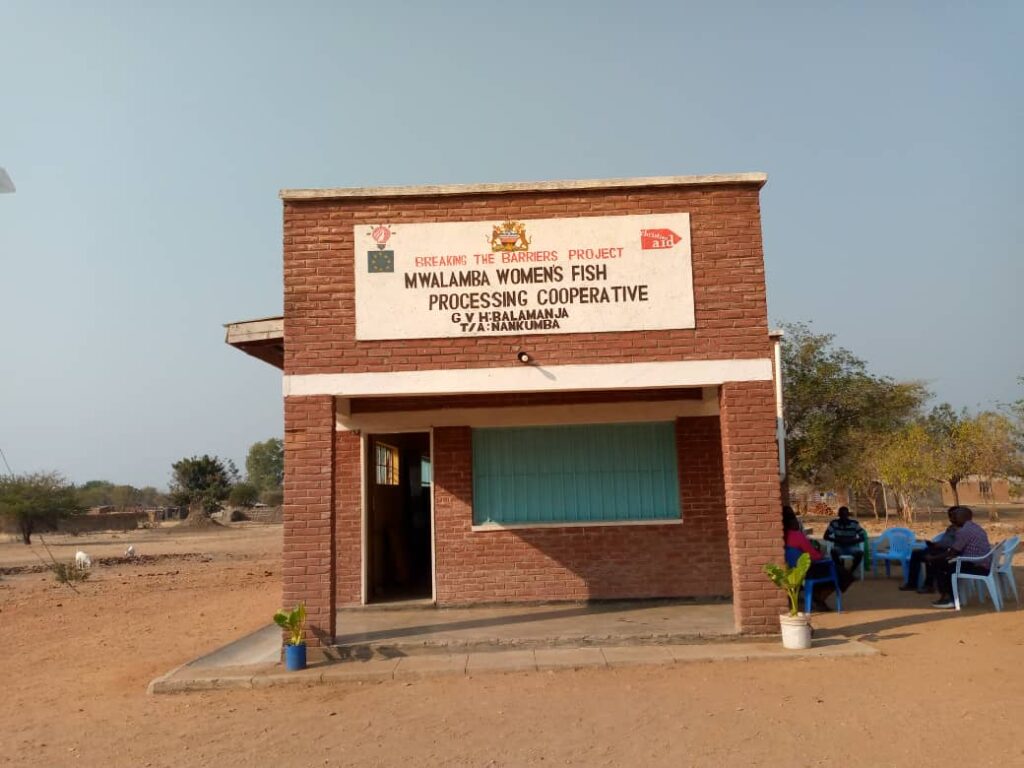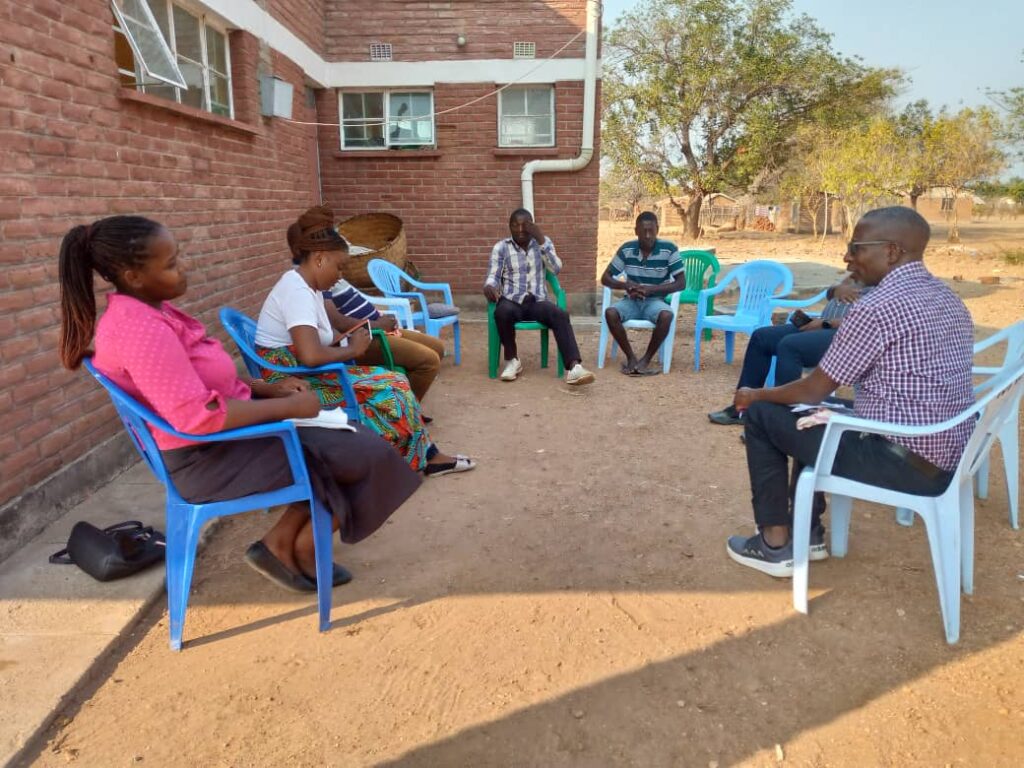By Hope Nyondo

The United States Agency for International Development (USAID) through the Refresh Project has expressed concern over sexual exploitation in fishing communities, where women are the most victimized group.
Climate Change Specialist for USAID Malawi Mission and Project Management Specialist for Restoring Fisheries for Sustainable Livelihood (Refresh Project), Bruce Sosola, made this statement during an interface meeting with Gender-Based Violence Champions in the fishing industry held at Mwalamba Women Cooperative in Monkey Bay, Mangochi District.
Sosola said it is sad that some male fishers force business women to sleep with them in exchange for fish or promise them cheaper fish prices, a tendency commonly known as “fish for sex” or “sex for fish.”
He added that such malpractices have a negative impact on the buying and selling of fish, apart from putting both parties at risk of contracting sexually transmitted diseases like HIV/AIDS.
Sosola appealed to all stakeholders to join hands in fighting the vice.
“What I have captured today is that Gender-Based Violence in Fishing Communities is real and prevalent, and looking at the testimonies that women have been sharing, this problem is cross-cutting and needs to be contained,” he stated.
He hailed the Refresh Project for identifying Gender-Based Violence (GBV) Champions in Fishing Communities who are helping to spread messages and speak against the vice in communities.

In March this year, the Department of Fisheries, in partnership with the Refresh Project and funding from USAID through Pact Malawi, trained fishermen, female fish sellers, and Community Policing Members from Dedza and Mangochi Districts as GBV champions to carry messages of awareness to communities on how to report GBV to authorities.
On the sustainability of the Refresh Project, which is phasing out this year, Sosola said, “This was my close-out site visit just to see what sustainability entry points for most of the interventions that Pact Malawi has put across, and I was excited when I heard about the GBV Champions System that they have created, and even with or without the Refresh Support, I am confident that the locals will continue to fight the problem head-on.”
He further stated that the increased number of fishermen on Lake Malawi is putting pressure on dwindling fish species, a situation that also needs to be addressed.
During the meeting, Sosola toured and appreciated the Mwalamba Cooperative, where women buy and process fish, produce and sell ice blocks, and make Malambe Juice, among other activities.
In his remarks, Sub-Fisheries Association Chairperson for Nankumba Zone, Bosco Msuku, said that although much needs to be done to deal with Gender-Based Violence in the industry, the Refresh Project has helped reduce cases of GBV due to coordination among various organizations and stakeholders, including traditional leaders, the fisheries department, and the Ministry of Gender, among others.
Msuku added that although the Refresh Project is phasing out in months to come, there is a need to sustain its goals and interventions of restoring and protecting fish in Lake Malawi by the locals.


